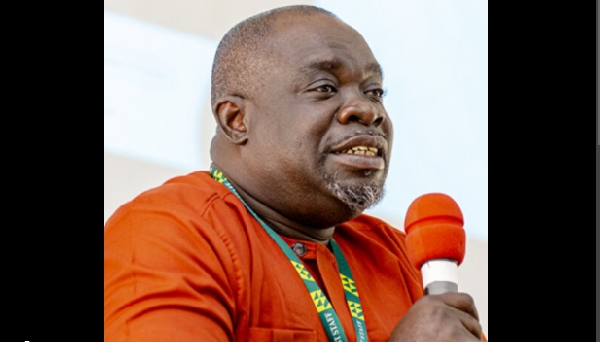20 April marks the death anniversary of Ayub Khan , who ruled Pakistan from 1958 to 1969 — a defining period in the country’s political history. Charismatic, modern, and progressive, Ayub nevertheless belonged to the school of rulers who underestimated and sidelined the political wisdom of the masses. He sought to impose his hybrid political concepts on the people and intelligentsia, fostering confusion and division over the country’s political future.
By over-centralising power, he marginalised various communities. The media of the time glamorised his personality and concealed his shortcomings under a veneer of popularity. His deep alignment with the United States disturbed Pakistan’s international balance.

While the “Ayub Era” is often remembered as a time of prosperity, it was also a period that diverted democracy from its natural path of consolidation to a trajectory of hybrid regimes and eventual corruption. Gold prices dip by Rs3,300 to Rs348,700 per tola As Qudratullah Shahab aptly wrote in Shahab Nama (p.712): “As a person, he was honest, just, and kind.
After coming into power, he learnt his day-to-day work with the diligence of a keen student. He was utterly patriotic — however, he drastically failed in politics.” FARRUKH SHAHAB, Lahore Cantt.
Tags: legacy ayub khan.
Politics

Legacy of Ayub Khan

20 April marks the death anniversary of Ayub Khan, who ruled Pakistan from 1958 to 1969 — a defining period in the country’s political history.














